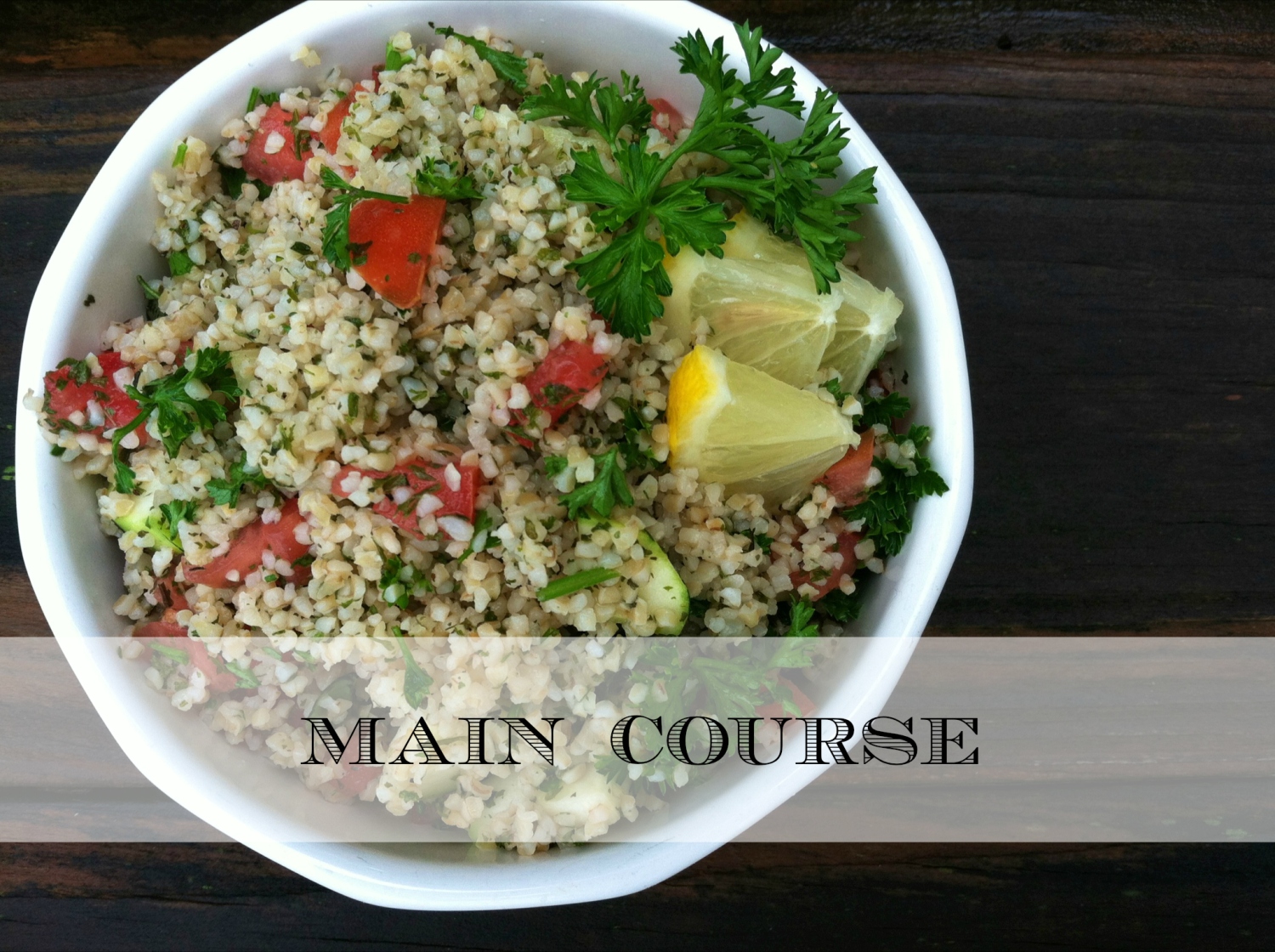Do you ever feel like you’re overwhelmed by all that God’s teaching you, like it’s hard to process it all? Well that’s me, right now, with this study. The How People Change material comes at you with truth galore, and the Spirit matches it with conviction and encouragement a’plenty.
That’s why I like to sort out the lessons by writing about them here. It gives me a chance to process, assimilate, apply, and . . . worship.
While last week was all about identifying the heat/daily pressures that we experience, this week was all about recognizing and owning up to the thorny/sinful reactions we have to those pressures.
I’m not going to go into a lot of detail, but rather leave you with a few key points . . .
We are called to be joyfully dissatisfied as Christians, rejoicing in the wealth that is ours in Christ, but always seeking more, more grace, more of God, more growth. Because of that we are always seeking to identify sin, repent of it, and cling to Jesus.
But it’s important to remember that “This life of self-examination and joyful discontent should not be confused with a life of paralyzingly self-condemnation.”
Do you do that? Get paralyzed by always looking inward, I mean? I’m a terribly introspective person, and so this easily trips me up. Looking in requires always looking up.
Sometimes I find it helpful to start with confessing my righteousness in Christ before I confess the unrighteousness in myself.
But what is this unrighteousness? What are these thorns that entrap us? Well that’s the whole point of this chapter, to get you to realize and own up to the sinful ways you react to pressure in your life.
First, it’s vital to understand that it isn’t the pressure that is causing the sin. The teacher of the course puts it this way: “If I violently shake a bottle of water so that waters spills out, why did water spill out of the bottle? Most would quickly say ‘Because you shook the bottle.’ But I say it’s because water was already in it. I can shake this bottle for all eternity and never get milk to spill out.”
Sin comes out when we’re under pressure because sin is already inside us. We can’t blame it on the difficulties we face.
So how do you respond? Do you try to deny, avoid, or escape your problems? Or do you often try to magnify, expand, or catastrophize the issues you face? It’s kinda funny, I tend to do one or the other. I either pretend like nothing’s wrong and avoid emotion, looking for a way of escape in TV, music, or solitude, or I put on my martyr face and pretend like I’ve borne the entirety of the world’s problems that day. It honestly just depends on who I’m around, and if I want to impress them.
Immediately following this question of how we respond is why. Why do we respond the way we do?
We already know the answer is not because we had a bad day, though it certainly helps in revealing the real cause. The ultimate answer is that our hearts were made to worship. We will always be worshipping something. And often times we worship things that are good, like obedient children, a loving spouse, or a clean home. {The clean home gets me every time!}
Romans 1 explains that when our worship of the created thing takes the place of the Creator/Giver we react in sinful, blind, and foolish ways. “When . . . good things become my functional god, they become idols. The worship of these ‘god-replacements’ leads to thorny attitudes, thoughts, emotions, and actions.”
Here are a few “X-ray questions” the book lists to help you identify what those “god-replcements” are:
1. What do you love? What do you desire? What do you crave, long for, wish? Whose desires do you obey?
2. Where do you bank your hopes? What hope are you working toward or building your life around?
3. What do you fear? Fear is the flip side of desire. For example, if I desire your acceptance, then I fear your rejection.
4. Who must you please? Whose opinion counts? From whom do you desire approval or fear rejection? Whose value system do you measure yourself against? In whose eye are you living?
5. What do you think about most often? What preoccupies your thoughts? In the morning, to what does your mind drift instinctively? When you are doing a menial task or driving alone in a car, what captures your mind? What is your mind-set?
6. When do you say, “If only . . . ?” Our “if onlys” actually define our vision of paradise. They picture our biggest fears and greatest disappointments. They can reveal where we tend to envy others, they picture were we wish we could rewrite our life story. They picture where we are dissatisfied and what we crave.
Ask the Spirit to open your eyes to your idols/thorns. Your answers may not be pretty, but you can still rejoice in them because identification is the first step towards change. Accurate diagnoses always precedes effective cure. But don’t stay there, staring at the ugly mess. Look to the cross and the hope that’s there. That’s where we’re headed in the study this week, and I can’t wait!










